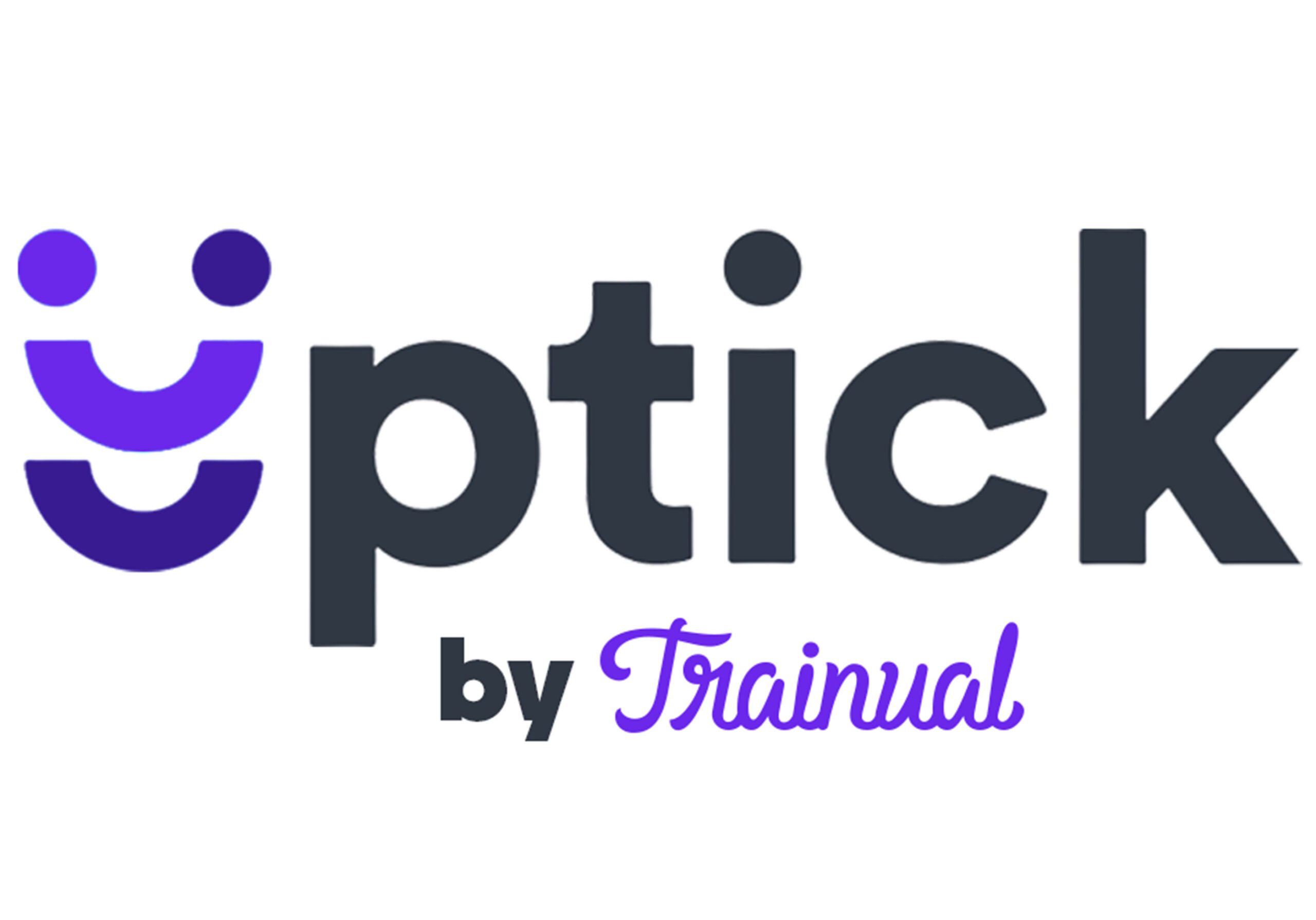Good managers know that successful onboarding doesn’t just mean setting up a new hire with a desk and an email account; it’s about building the foundation for a trusting and productive workplace relationship. Like any new relationship, it starts with learning who this person is and what will help them thrive. The best way to learn is by figuring out what questions to ask new employees and including them in your early one-on-one meetings.
Finding the right tone and time for personal questions can be challenging, and managers are frequently unsure how to strike the right balance between showing interest and maintaining boundaries. However, it’s worth the effort, because this kind of relationship building pays off in the form of a happier and more dedicated workforce. In fact, studies show that valuing employees leads to higher rates of retention and customer satisfaction.
Once you’re comfortable using personal interest to demonstrate your investment in a new hire’s professional development, you can build it into the onboarding process. You can also get into the practice of offering your own answers to these types of questions, showing your willingness to be vulnerable and assuring your employee that this relationship is a two-way street.
In this piece, we’ll help take the anxiety out of introducing a personal element into a new workplace relationship and go over the kinds of questions to ask new employees, how and when to ask them, and which questions you should always steer clear of.
The Right Personal Questions to Ask New Employees
To be clear, when we talk about personal questions, we don’t just mean asking a new employee which basketball team they root for. Naturally, it’s important to establish a rapport, but the most useful personal questions are designed to reveal more about this employee’s strengths and weaknesses and what they need to thrive.
Put another way: Onboarding mostly involves you teaching a new hire how to do their job, but this is a chance for your employee to teach you how to best help them. Here are a few suggestions for questions that will establish good communication habits and empower both you and your new hire.
How are you?
This might seem like a mere pleasantry, but, if used intentionally, it can yield very revealing responses. “How are you” is one of those questions that gives back what you put into it, so when you ask a new hire, don’t treat it like a throwaway conversation-starter. Instead, take it as an opportunity to make this new employee slow down, take a breath, and assess their mental state.
Show that you’re asking sincerely by making eye contact, and if they try to brush you off with a “fine,” (gently) make it clear that you’re looking for a real answer. Letting employees take a moment to reflect and share concerns is a major way to relieve stress when going through the frequently overwhelming process of onboarding. This is a question worth taking seriously and asking again and again.
How do you like to structure your days?
Studies show that people’s productivity peaks at different times of day, and you should strive to work with a new hire’s natural rhythm rather than pushing against it. Ask this question early on in the process to determine if your new hire needs uninterrupted time to focus in the mornings, or if they do their best work later at night, outside of regular work hours. As a manager, you can adjust your scheduling and expectations accordingly.
What physical surroundings help you work?
Much like the above question, this one not only makes a new employee feel more comfortable and relaxed, it provides you, the manager, with important information. Accommodating these needs is a simple way to make a new employee feel more welcomed, whether it’s giving them permission to wear noise-canceling headphones, providing them with the desk or technology they need, or just understanding that they work best while sprawled on the couch.
How do you prefer to receive feedback?
Constructive criticism is an inevitable part of showing a new hire the ropes, and half of being a good manager is knowing how to deliver this feedback in a way that employees can hear. Establish early on whether a new hire likes to discuss feedback face-to-face or whether they prefer email so that they can have more time to process and respond.
When you’re feeling stuck, what’s your default response?
If you want to get an employee onboarded and productive as quickly as possible., you have to be able to identify when they’re lost and overwhelmed. Knowing what to look for is critical to knowing how to get an employee back on track. However, a new hire might find it difficult to answer this question candidly, so offer some stock suggestions for them to choose from:
- Do you put your head down and work, trying to figure it out yourself?
- Do you tap the brakes and ask for help? (The natural follow-up to this one is, do you know who to ask for help?)
- Do you have a hard time realizing when you’re stuck? Do you need to be asked?
What is one question I should always ask you?
As a manager, it’s easy to become laser-focused on getting the answers you want and forget to ask your employees what they need from you. Asking this question will help you tailor your approach to an individual new hire.
Whether their answer is “ask me if I’m meeting my long-term goals” or “ask me how my dog is doing,” it’ll give you a sense of their priorities. Furthermore, it will give them a sense that they’re participating in the getting-to-know-you process, not merely being subjected to it.
The Wrong Personal Questions to Ask New Employees
When getting to know someone on a personal level, it’s important to establish a connection and prove your investment in them, but it’s equally important to maintain appropriate boundaries. At a bare minimum, questions you ask a new employee should be legal and shouldn’t pry into off-limit areas of an employee’s life. At the same time, questions shouldn’t be overly light or unstructured, since that leads to wasted one-on-one meetings and important things going unsaid. The questions listed below aren’t questions to ask new employees — or any employees for that matter.
Potentially discriminatory questions
- “That’s an interesting accent, where are you from?”
- “I noticed you’re taking [any religious holiday] off work. Are you [any religion]?”
- “When is your baby due?” (For the record, never ask anyone this!)
- “I saw your rainbow flag bumper sticker! Are you LGBTQ, because I’m a huge ally!”
The above questions might seem innocuous, but none of them is acceptable to bring up with employees. Regardless of how open-minded you and your organization are, you shouldn’t force an employee to discuss aspects of their identity that could be used against them. (You also have no way of knowing whether they have experienced workplace discrimination in the past.)
Avoid questions that touch, even glancingly, on a new hire’s religion, country of origin, gender identity, or sexual orientation. Instead, give them a chance to get comfortable, and let them lead the way in filling you in on these parts of their life. Generally, you can play it safe by sticking to the same rules that apply to interview questions, especially for new hires.
Gossipy questions
- “Do you like me more than your last manager?”
- “Do the other employees seem happy to you?”
- “Who do you think is abusing the unlimited PTO policy?”
- “Are Paul and Linda secretly dating?”
While you should encourage your new hire to be honest and forthcoming, you should avoid gossipy questions that make employees feel like they have to criticize other team members or their former managers.
Indulging in workplace gossip can do serious damage to your company culture and will inevitably make a new hire wonder what you say about them behind closed doors. So before you pose any questions along these lines, be clear on whether you’re asking because it will help your new employee or just because you’re dying to know.

Best friend/therapist questions
- “Are you dating anyone right now?”
- “Do you want to hang out this weekend?”
- “What’s your Instagram handle?”
- “I know you relocated because of a breakup. How are you handling it?”
You may think you’re practicing good social skills by asking about a new hire’s personal life, but you’re actually creating a confusing workplace environment with an unclear set of rules. New hires have enough on their plates just getting up to speed with work, so it comes as a relief to be able to check their personal life at the door and focus on the job.
Just as children need their parents to parent and their teachers to teach, new employees need their managers to manage and not try to be their therapist or best friend. So focus on being a good manager, not a “cool manager.”

When and How to Ask New Employees Personal Questions
Using personal questions as a strategic onboarding tool requires being thoughtful in choosing the right time and setting to ask them. In most organizations, one-on-one meetings are the ideal venue to have conversations that allow for genuine disclosure. (Employees obviously aren’t going to admit to being overwhelmed at a team-wide stand-up on their first day.) Uptick is designed to provide structure to one-on-ones with questions that are considered, useful, and appropriately timed. Here are some guidelines for working these questions into your onboarding process.
Customize your questions to each employee
Establish early on what your new employee’s priorities and growth areas are, and refer to them in future one-on-ones. This won’t be one-size-fits-all, because one employee might want to focus on organization while another might want to work on communication.
Don’t cluster all the personal questions in the first week or month
Brand-new employees might not be forthcoming about their personal strengths and weaknesses since they’re still trying to make a good first impression. Give them some time to settle in before you push questions like “how do you respond to frustration?”
When possible, give your employee time to consider their answers
Let employees prepare for the questions you’ll ask in the one-on-one ahead of time. Not only will this familiarize employees with the structure they can expect, but it will also allow them to organize their thoughts, which might otherwise be a challenge for an overwhelmed new hire.
Get (the Right Kind of) Personal
The habits of trust, transparency, and communication you establish during onboarding are the ones that will stay with you for an employee’s tenure. That’s why you can’t squander your chance to align your expectations with their strengths and weaknesses. Having a deeper understanding of your employees from the outset will make you a better and more confident manager, so you’ll know that when Jenny works with her hoodie pulled up, that means “do not disturb,” and when Jeremy starts showing up an hour early, that means he’s bitten off more than he can chew.
Once you start seeing personal questions as a strategic tool for building relationships, you can stop being nervous about which ones to ask and feeling like you’re just tossing them into conversation with no real purpose. Managers often mistakenly assume that for personal questions to be genuine, they have to be off-the-cuff. In fact, the opposite is true. Devoting preparation and applying structure to one-on-one meetings is the best way for both manager and employee to get the most out of “getting to know you.”
Free New Hire Conversation Guide
Struggling to come up with questions for your one-on-ones with your new hires? This guide gives you 15+ new hire-specific example questions (and follow-ups!) that you can start using right away.


